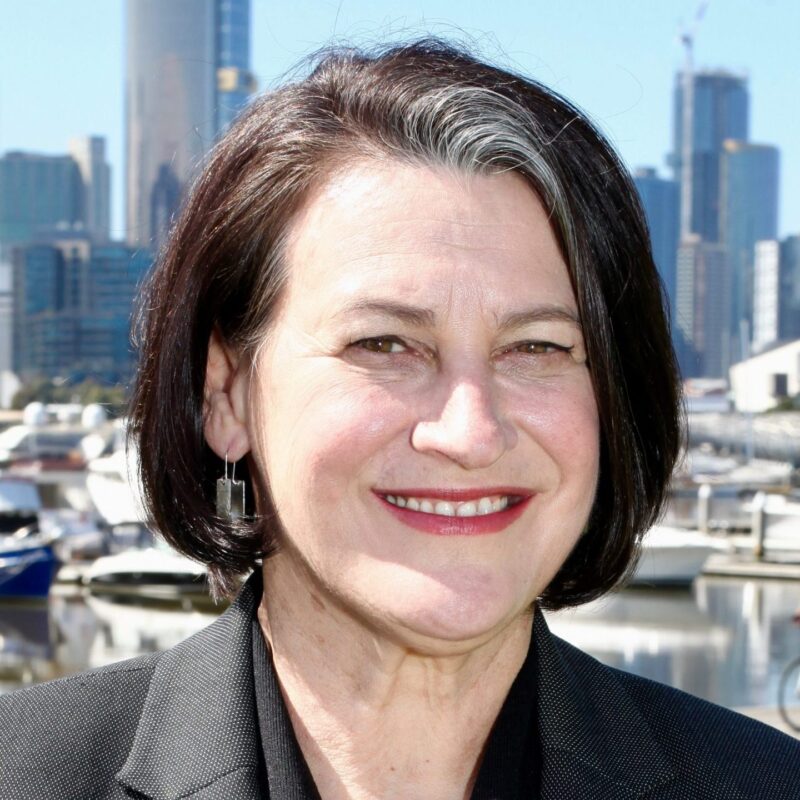News organisations ‘very frightened” of getting Israel-Hamas coverage wrong says MEAA media president
The Australian news industry is grappling with how to accurately cover the Israel-Hamas war in the absence of correspondents on the ground, according to Media Entertainment & Arts Alliance (MEAA) media president, Karen Percy.
Hosted by the University of Technology Sydney, the webinar explored the ‘Responsibilities of the News Media on Palestine’, in which Percy responded to accusations that the mainstream media has demonstrated a pro-Israel bias in it’s coverage of the unfolding conflict in Gaza.


